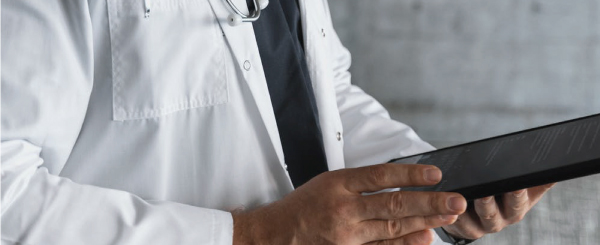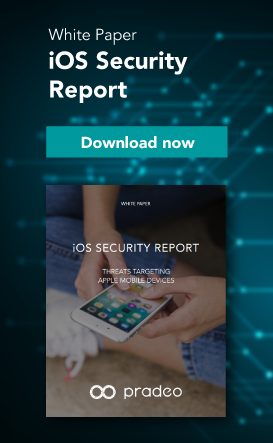Marked by the pandemic and an explosion in the number of cyber attacks, the last few months have been particularly difficult for both hospitals and pharmaceutical companies. While it is clear that the medical sector is being severely impacted by COVID-19, the causal link with the cyber attacks may seem unclear. Yet, this is no coincidence.
Hospital victims of ransomware
Spyware, phishing, DDoS, Man-in-the-middle... Numerous attacks can affect the information system of a structure. Unfortunately, some of them are more relentless than others. Ransomware is a malicious software that penetrates the system via computers or mobile devices. Ransomware attacks get their hands on organizations' sensitive information and essential tools and block their use. By disabling the entire system: computers, connected medical equipment, mobile devices, software, etc., these attacks cause inoperability of services that can last for weeks or even months.
To get an immediate unblocking, cybercriminals will display an amount to be paid, usually in cryptocurrency. In case of non-cooperation, sensitive information is threatened to be disclosed. In many cases made public, the attacked structures that refused to collaborate with the hackers have seen their critical data (medical records, customer portfolios, identifiers...) exposed on the web.
On September 18, 2020, a German hospital affected by a ransomware saw its essential devices paralyzed. Being unable to take care of a patient in emergency, the hospital had to transfer him. This latency resulted in his death.
This example illustrates that hospitals very often have computer systems linked to medical devices. A computer, smartphone or tablet that is part of this system and is infected with ransomware can simply cause the loss of control of medical devices.
COVID-19 put hospital services in crisis, and that's exactly what the ill-intentioned perpetrators are counting on. They are targeted by ransomwares because they hold genuine and valuable private information. Due to the criticality of their activity, the proper functioning of their system is imperative and they are therefore allegedly more inclined to pay ransoms.
Pharmaceutical companies targeted by spying
The race for a vaccine continues to draw the attention of hackers and cyberactivists towards research centers and pharmaceutical companies. Whether for financial gain, to resell information on vaccine composition, to delay production, or to take advantage of details that can be used to mimic vaccines, hackers are becoming increasingly inventive.
Today, every device that accesses information related to laboratory activity (medical, logistical, legal, etc.) is subject to an increased risk of attack. For laboratories and all their partners, the challenge of cybersecurity has never been so critical.
Recently, the European Medicines Agency had files related to Pfizer-BioNTech's candidate vaccine stolen during a cyber attack. Despite an ongoing investigation, the people involved do not seem to be identified yet, and this is the danger: Internet crime is difficult to trace. The need to reinforce the security barriers at every entry point to valuable data is therefore essential.
To thwart malware and prevent data leakge from your mobile devices, protect them with Pradeo Security.

-1.png)
.png)
-2.png)

